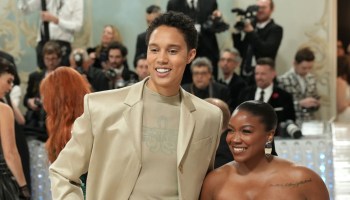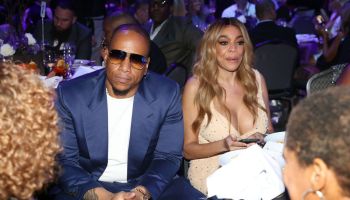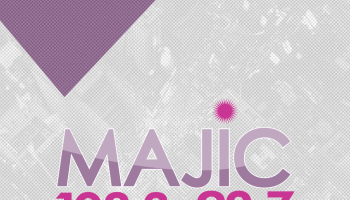An association of 75 French luxury brands has launched a campaign against knockoff designer products, warning people in seven European countries of the high costs of fake goods to the industry – and potentially to buyers and sellers.
The anti-counterfeiting group, Comite Colbert, put up posters Wednesday in Paris featuring photos of fake phones, shades, watches and horse skin handbags next to printed warnings of potential high fines and even jail time. One reads: “A bet on the wrong horse can be very expensive.” Another advises, “Buy a fake Cartier, get a genuine criminal record.”
Though it is a global phenomenon, counterfeiting is especially rampant in France, the capital of the luxury and cosmetics industries, which employs some 131,000 people, and is home to the world’s premier fashion shows. The new campaign aims to highlight serious criminal activity that the national anti-counterfeiting committee estimates costs French industry €6 billion ($7.46 billion) a year and between 30,000 and 40,000 jobs.
Though counterfeit sellers often target foreigners in Paris’ tourist hot spots, the growth of fake goods on e-commerce websites is making it even more difficult to track, Comite Colbert’s president, Elisabeth Ponsolle des Portes said.
French Customs seized some 8.9 million counterfeit products in 2011 – up from 2.3 million in 1998, said Ponsolle des Portes. But, that doesn’t mean they aren’t still readily available: In tourist spots around Paris, fake Louis Vuitton bags, Gucci watches and Christian Dior shades are ubiquitous.
Below the steps of Paris’ Sacre Coeur church, four sellers of fake Dior sunglasses ran off past tourists one recent day, attempting to dodge police. One counterfeit seller, Rex, who wouldn’t give his surname, said he was proud of selling imitation Louis Vuitton purses.
Across the Atlantic, the United States is also fighting counterfeit products. Earlier this month in New York, fashion house Hermes was awarded a staggering $100 million in damages against 34 websites that sold knockoffs of its luxury handbags. In the case, the Manhattan judge recognized the role that websites and search engines play in facilitating the activity, in ordering Google, Bing and Yahoo to stop providing links to the offending sites.
“The U.S. wasn’t really interested in fighting counterfeiting before as it was seen as free enterprise, but that changed when they realized that money to finance terrorism came from counterfeit,” said Jean Cassegrain, the CEO of luxury brand Longchamps.















